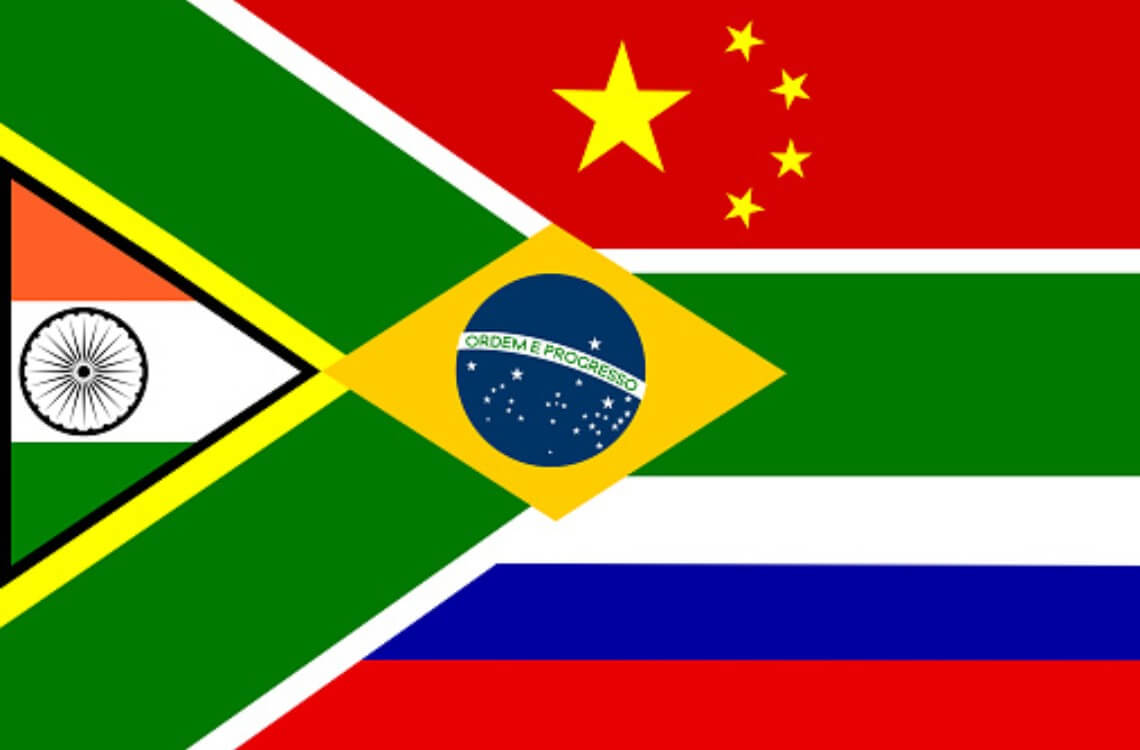The BRICS coalition is about to change its face and increase its global influence. The prominent bloc, consisting of Brazil, Russia, India, China, and South Africa, is preparing to welcome six additional nations into its fold, marking a significant expansion for the emerging market group.
Come the start of the next year, Argentina, Egypt, Ethiopia, Iran, Saudi Arabia, and the United Arab Emirates will officially become part of the BRICS community.
A Power Play or Strategy?
South African President Cyril Ramaphosa broke the news following the conclusion of the BRICS leaders’ summit held in Johannesburg. While there’s an air of expectation surrounding the new inclusions, the decisions are not without their controversies and critics.
China seems to be the chief architect behind this growth spurt for BRICS. Their aggressive push for a rapid expansion appears as an audacious move to form a counterweight against the G7, the alliance of advanced economies.
A particularly intriguing element is the simultaneous addition of Iran and Saudi Arabia, two historically rival nations. The decision gains more dimension when you consider China’s recent successful diplomatic efforts to foster peace between Riyadh and Tehran.
Expansion Embraced, But With Reservations
India initially wore its hesitation on its sleeve, with concerns about stretching the BRICS identity too thin. Yet, seeing familiar faces like the UAE and Egypt on the list seemed to tip the scales.
Indian Prime Minister Narendra Modi voiced his support, emphasizing the addition of these new members as a shot in the arm for BRICS, driving it towards a more fortified future.
From Russia, there was a clear nod of approval. President Vladimir Putin, connecting virtually from the Kremlin, stressed the necessity for BRICS to bolster its economic interconnectedness, even mooting the ambitious idea of a shared currency.
With these inclusions, the weight and influence of BRICS on the global economic stage are set to surge. From covering 32% of the global GDP, BRICS, with its new members, will now command a whopping 37%.
Responses from the New Additions
Responses from the incoming nations range from tempered optimism to unbridled enthusiasm. The UAE, through its president Sheikh Mohammed bin Zayed al-Nahyan, expressed gratitude and anticipation for the future.
Egypt’s president, Abdel Fattah al-Sisi, seems eager to further the BRICS mission, aiming to amplify the voice of the Global South.
Both Ethiopian Prime Minister Abiy Ahmed and Argentine president Alberto Fernández embraced the invitation, recognizing its potential to elevate their nations’ global standing.
However, not all reactions were positive. Patricia Bullrich, who’s set to contest in Argentina’s impending presidential election, registered her disdain, citing Russia’s engagement in Ukraine as a glaring red flag.
Beyond the headline-grabbing expansion, the BRICS leaders are also setting their sights on economic independence. A directive has been dispatched to their finance ministers and central bank governors, urging them to devise strategies that could reduce their economies’ dependence on the US dollar.
This move mirrors the global push towards local currencies and the quest for alternative financial systems. While the call for more prominent usage of local currencies stops short of previous ambitious claims, like Brazil’s hint at a common BRICS currency, it indicates the bloc’s direction.





